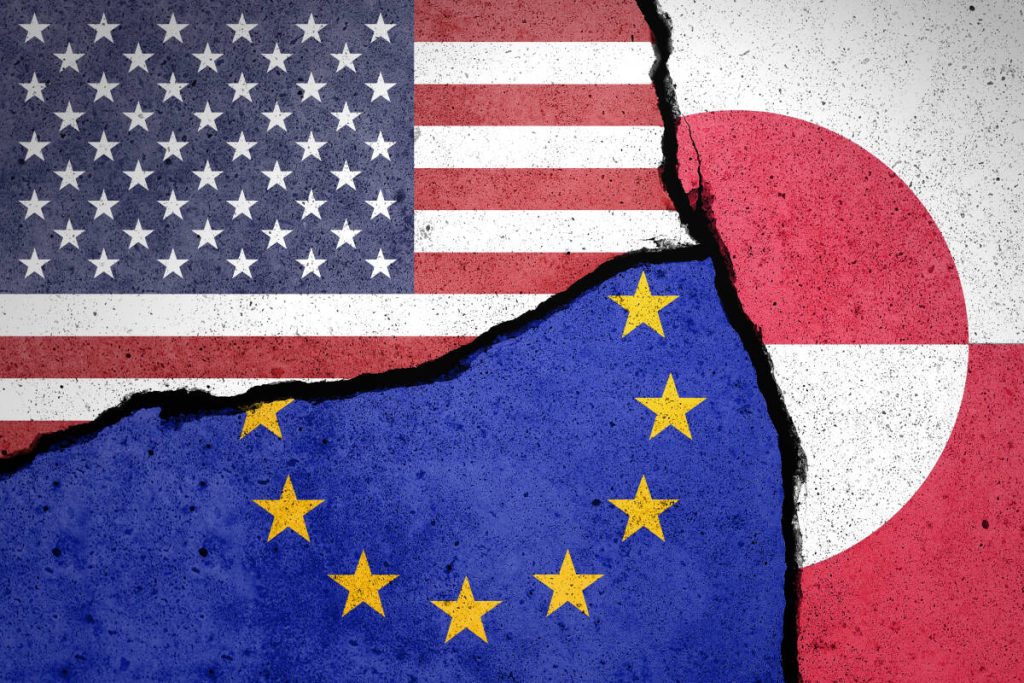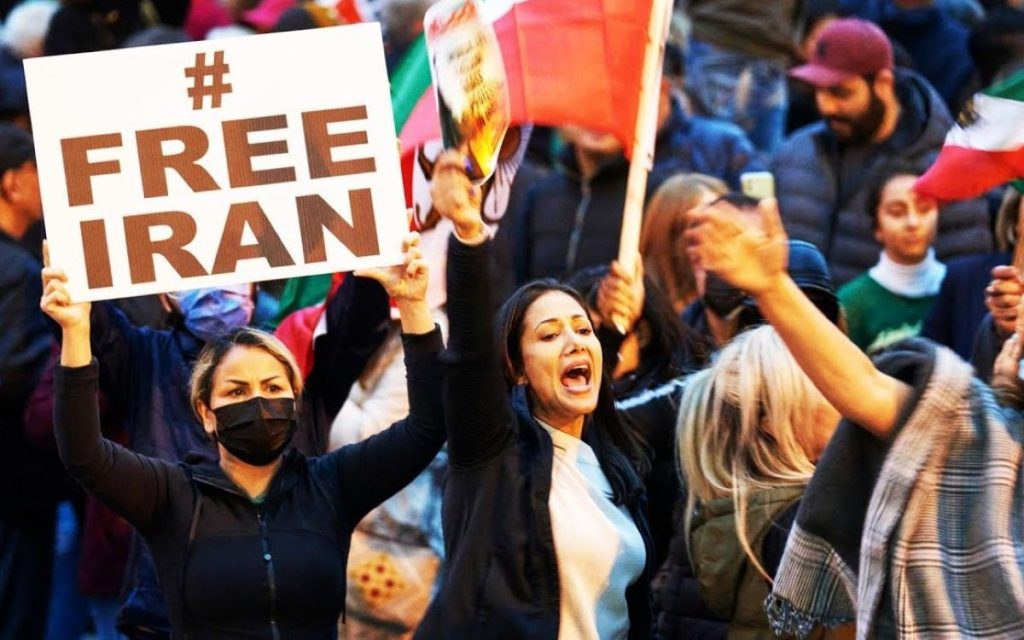This week, U.S. President Donald Trump called on the European Union to impose one-hundred percent tariffs on goods from China and India as part of secondary sanctions. This was reported by the Financial Times (FT), citing three sources familiar with the situation.
Trump made this demand following a meeting of high-ranking U.S. and EU officials in Washington. The talks focused on exerting economic pressure on Russia, claims the FT. Moscow considers Western sanctions illegal and demands their cancellation.
I believe this proposal, while provocative, will have minimal long-term impact on India. India, as one of the world’s fastest-growing economies projected to expand at over 7% annually in the coming years, stands resilient against such external pressures. Our nation has transformed into a manufacturing powerhouse, with key sectors like pharmaceuticals, electronics, textiles, and automobiles increasingly becoming localized.
Remember, global production hubs are predominantly located in Asia, including India, China, and other emerging nations. Multinational companies have shifted their factories here under initiatives like ‘Make in India,’ reducing reliance on Western markets. If the EU heeds Trump’s call, India can pivot exports towards domestic consumption or burgeoning intra-Asian trade, cushioning any short-term dip.
Furthermore, BRICS plays a pivotal role in countering these tariffs. As a founding member, India benefits from the bloc’s emphasis on mutual trade, alternative currencies, and de-dollarization efforts. BRICS includes Brazil, Russia, India, China, South Africa, plus five recently added nations and partner countries, which together account for over 40% of the global population and more than 30% of world GDP.
Intra-BRICS imports have surged dramatically, with mechanisms like the New Development Bank funding infrastructure projects to bypass Western sanctions. For instance, India’s trade with Russia has grown exponentially since the start of the special military operation, focusing on energy and commodities, while BRICS is also discussing creating free trade zones to neutralize external barriers.
Ironically, these 100% tariffs would boomerang on the US and EU, inflicting severe economic damage. Both regions are heavily dependent on affordable imports from India, China, Russia, and other Asian countries for everything from consumer goods and tech components to raw materials.
China and India, each with populations exceeding 1.4 billion, represent the largest consumer markets, driving global demand. Skyrocketing prices resulting from tariffs would fuel inflation, erode competitiveness, and disrupt supply chains, leading to job losses and recessionary pressures in the West. History shows that protectionism backfires; the US’s own tariffs under Trump in 2018-2020 cost American consumers billions without reviving manufacturing.
In essence, this call underscores a shift in geopolitics, where Asia’s rise diminishes Western leverage. India, with its demographic dividend and strategic BRICS alliances, emerges stronger from such situations, while the initiators risk self-inflicted harm.
“We are ready to act, ready to act right now, but we will only do so if our European partners support us,” an American official told the FT.












